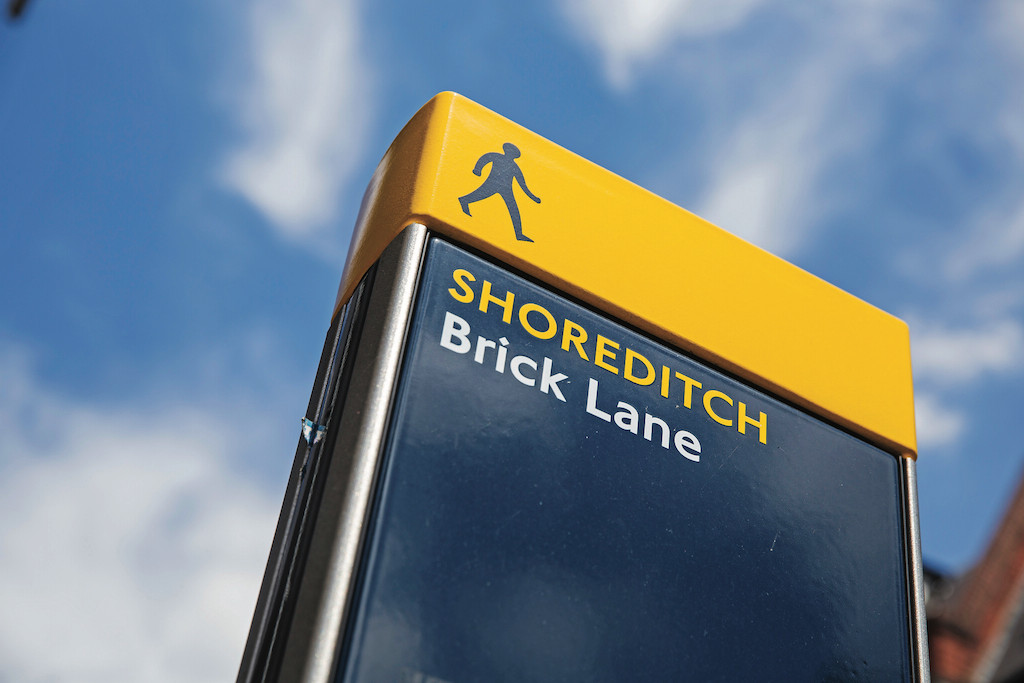This project creates pathways to digital solutions by modelling/integrating different transit networks, assessing risk of transport-related disease exposure, planning alternative mobility options and prioritising active travel infrastructure.
The project will investigate how trips can be planned to avoid crowdedness and places of high transmission risk. The routing/scheduling algorithms will be employed to identify all mobility options (Pareto solutions) between any origin-destination pairs within a city and the costs and frequencies of an active route being included in the Pareto solutions.
The project will prioritise active travel infrastructure, considering both cycling/walking potential and the need to reduce crowding and transmission risk on spatially heterogeneous and in-flux public transport networks.
Leading-edge
Among the first studies worldwide to integrate multi-modal trip planning with active travel infrastructure planning.
EPSRC Impact Acceleration funds
An Active Routing concept has been applied to address the problem, which forms the cornerstone of an EPSRC Impact Acceleration sponsored project and an EPSRC Mobility Pilot sponsored EngD project.
Related Program Codes
Representative Publications
-
Qin, Y. and Chen, J., 2024, June. A Confidence-based Bilevel Memetic Algorithm with Adaptive Selection Scheme for Capacitated Electric Vehicle Routing Problem. In 2024 IEEE Congress on Evolutionary Computation (CEC) (pp. 1-10). IEEE.
08-08-2024
-
Yang, T., Xue, C. and Chen, J., 2024, June. Design of Driver Stress Prediction Model with CNN-LSTM: Exploration of Feature Space using Genetic Programming. In 2024 International Joint Conference on Neural Networks (IJCNN) (pp. 1-8). IEEE.
09-09-2024


